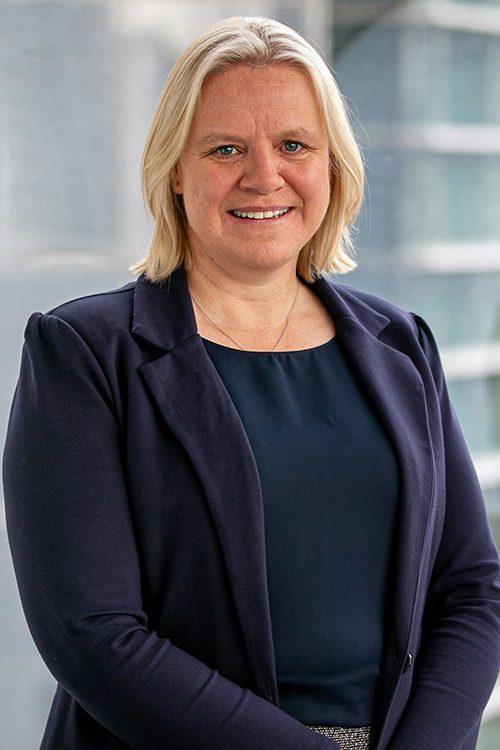There was certainly a lot of talk in the days after the 2023 Federal Budget in relation to the changes for the Health Industry, with some big announcements made and many calling it a game changer for the industry.
The announcements do go some way to reverse the freezing of Medicare rebates in prior years and we see this as a great start to rebuilding the health industry. There were also a number of items for small businesses and individuals which we cover in this summary for Medical Practitioners. If you would like full details of our Budget coverage, read William Buck’s leading analysis here.
Health Industry
Key announcements targeted specifically at GPs and the wider industry include:
- $3.5 billion in funding over five years from a tripling of the bulk billing incentive for consultations for concession card holders and <16 years patients. This will take effect from November 2023. It is important to note that while this is the largest increase in many years it is an increase in the bulk billing incentive and not the core Medicare rebate. This will help many practices who bulk bill all or some of their more disadvantaged patients.
- $4.5m over five years to increase rural generalist trainees through the expansion of the current trial. This is due to start from 1 July 2022.
- $5.9m over five years from 2022/23 for longer telehealth consultations where registered under MyMedicare from 1 November 2023. This is still lacking in detail and is an announcement only.
- Additional funding of $358.5m over five years to deliver Medicare Urgent Care Clinics by the end of 2023 (8 new clinics). This is in addition to the previous funding announcement of 50 clinics.
- Increases to the Workforce Incentive Payment – Practice Steam (WIPP). The maximum payment will increase from $125,000 to $130,000 per practice and expand the eligibility to allow more practices access. This is aimed at increasing multidisciplinary care.
- Increase in the Medicare patient rebate for a standard consultation with nurse practitioners by 30%, expansion of the MBS case conferencing and enabling nurse practitioners and midwives to prescribe PBS medicines.
- Investment in primary care to boost the nursing workforce.
There are some great initiatives here for the industry that go towards helping the recovery from previous Medicare freezes and underfunding. It appears that both major parties support these proposed changes so they will likely be passed. Quite a few of the announcements are still lacking in details and we await that over the coming months. With the increase in wages and other costs we know that many practices have been struggling, particularly those that bulk bill, so this is some welcome relief. We hope that the Government continues to focus on health as a priority in the coming budgets.
Business
- Small Business Energy Incentive. Businesses with aggregated turnover of below $50m will be able to deduct an additional %of the cost of eligible depreciating assets that support electrification and more efficient use of energy. This is limited to a maximum of $100,000 of expenditure at 20% this means a maximum deduction of $20,000. Some examples of investments are batteries, upgrading high efficiency electrical goods and electrifying heating and cooling systems. To be eligible, these assets must be first used or installed for use between 1 July 2023 and 30 June 2024.
- Temporary increase in instant asset write off. The threshold will be temporarily increased for the 2023-2024 year to $20,000 for business with aggregated annual turnover of below $10m. The previous measures were set to cease at 30 June 2023 so this extends the measures for another 12 months (albeit at a lower amount).
- Payday Super. From 1 July 2026 employers will be required to pay SGC entitlements for employees on the same day that salary and wages are paid. Currently SGC Is payable on a quarterly basis.
- Increase in SGC. As previously legislated the SGC rate will increase from 10.5% to 11% from 1 July 2023, then 11.5% from 1 July 2024 and 12% from 1 July 2025.
Individuals
- No changes to the individual income tax rates.
- The Low- and Middle-Income Tax Offset (LMITO) ceased on 30 June 2022 up to $1,500. This was a measure introduced during the COVID 19 pandemic and as such has not been continued. This was announced in previous measures and no changes were noted in this Budget.
- Pension drawdowns for account-based pensions will revert back to original rates from 1 July 2023. This was temporarily halved during the COVID pandemic.
If you would like further information on this or how the William Buck team can assist you please contact your local William Buck Health Advisor.











